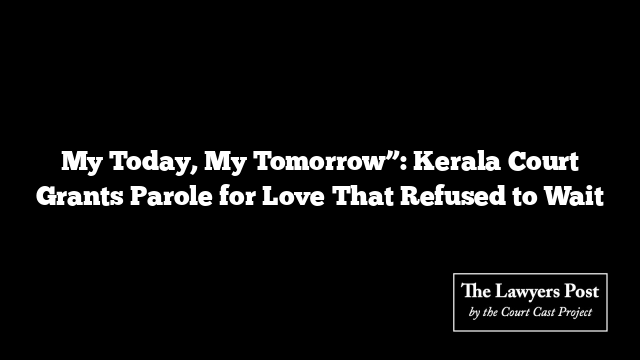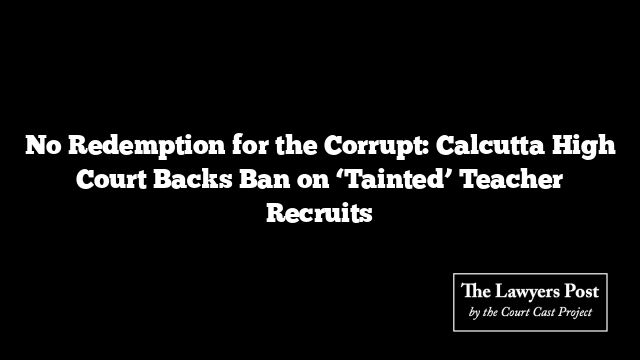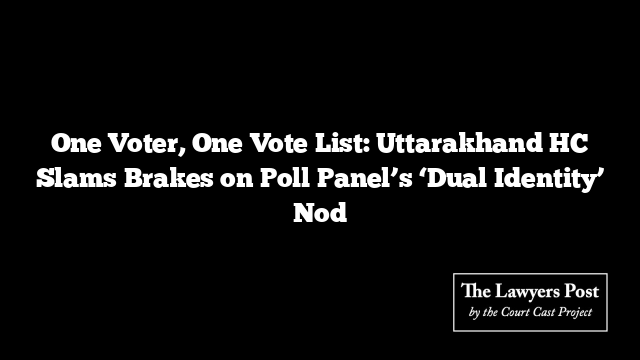In a courtroom where law usually reigns over emotion, love stepped in—and won. The Kerala High Court, moved by a woman’s unshakable devotion to her fiancé serving a life sentence, granted him 15 days’ parole to marry her. Not because prison rules allowed it, but because, in the judge’s eyes, love demanded it.
The man, convicted in a conspiracy and murder case, had his request for emergency parole denied by jail authorities, who claimed the prison manual made no space for a convict to leave for his own wedding. That rejection prompted his mother to knock on the High Court’s doors.
Justice PV Kunhikrishnan didn’t just listen—he felt. Citing Maya Angelou’s words on love breaking barriers, he opened his judgment with poetry and compassion, noting the rare strength of a woman ready to marry a man she knows may spend his life behind bars.
“She says, ‘You are my today, my tomorrow, and my forever,’” the judge observed in his order. “She says, ‘You are my soul mate, my partner, my best friend.’ This Court cannot neglect the brave stand of that girl who is ready to marry the convict, even though she knows that her partner is in jail and is undergoing life imprisonment.”
With those words, the Court activated its extraordinary powers under Article 226 of the Constitution and greenlit the wedding.
The woman’s commitment, the judge said, was not something the law should turn away from. “Let that girl be happy,” he added, offering his blessings through the bench.
The wedding, scheduled for July 13, had been planned even before the man was convicted. Confirming this, the Court directed that the parole would extend from July 12 to July 26. By 4 PM on the last day, the groom must return—still a prisoner, but now also a husband.
The Court’s decision was based not on cold statutes, but on a deeper reading of justice—where hearts, too, are part of the equation.





